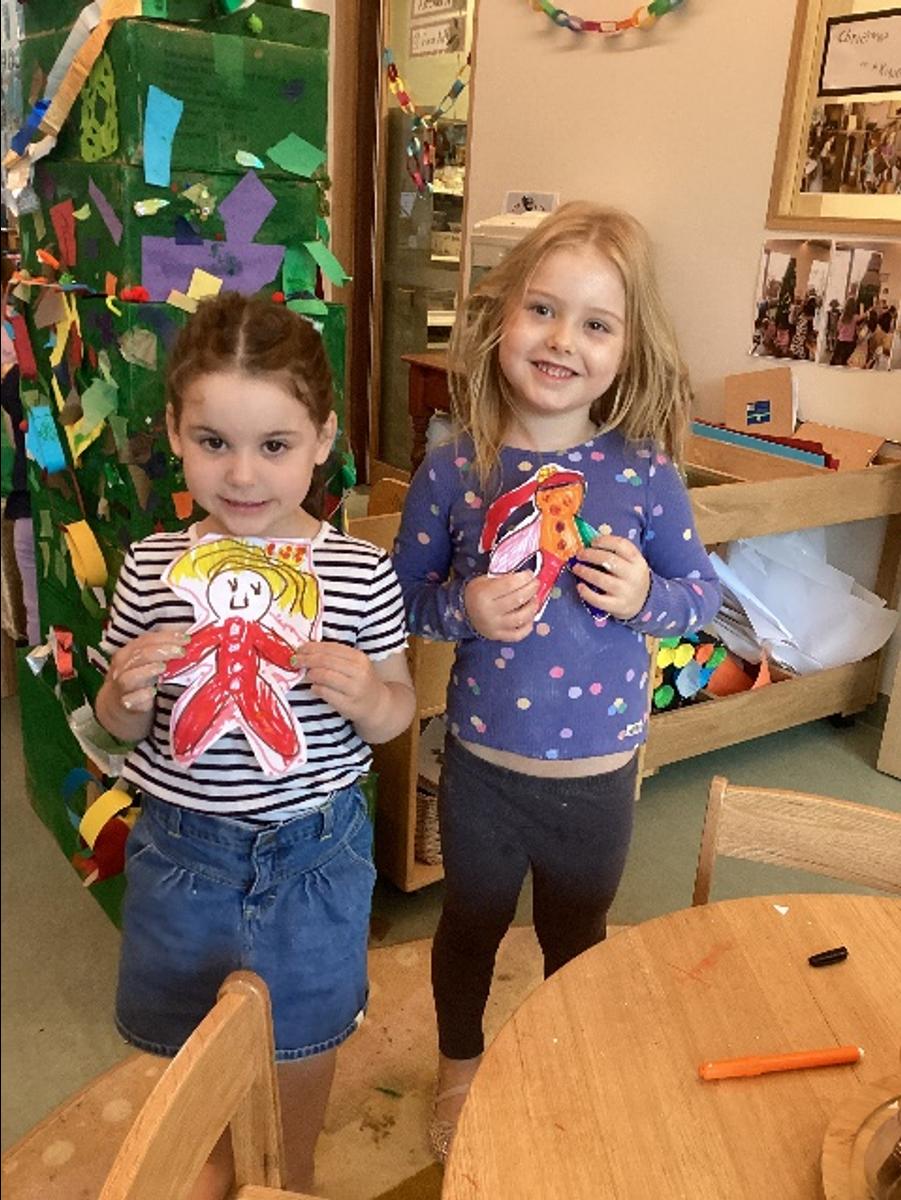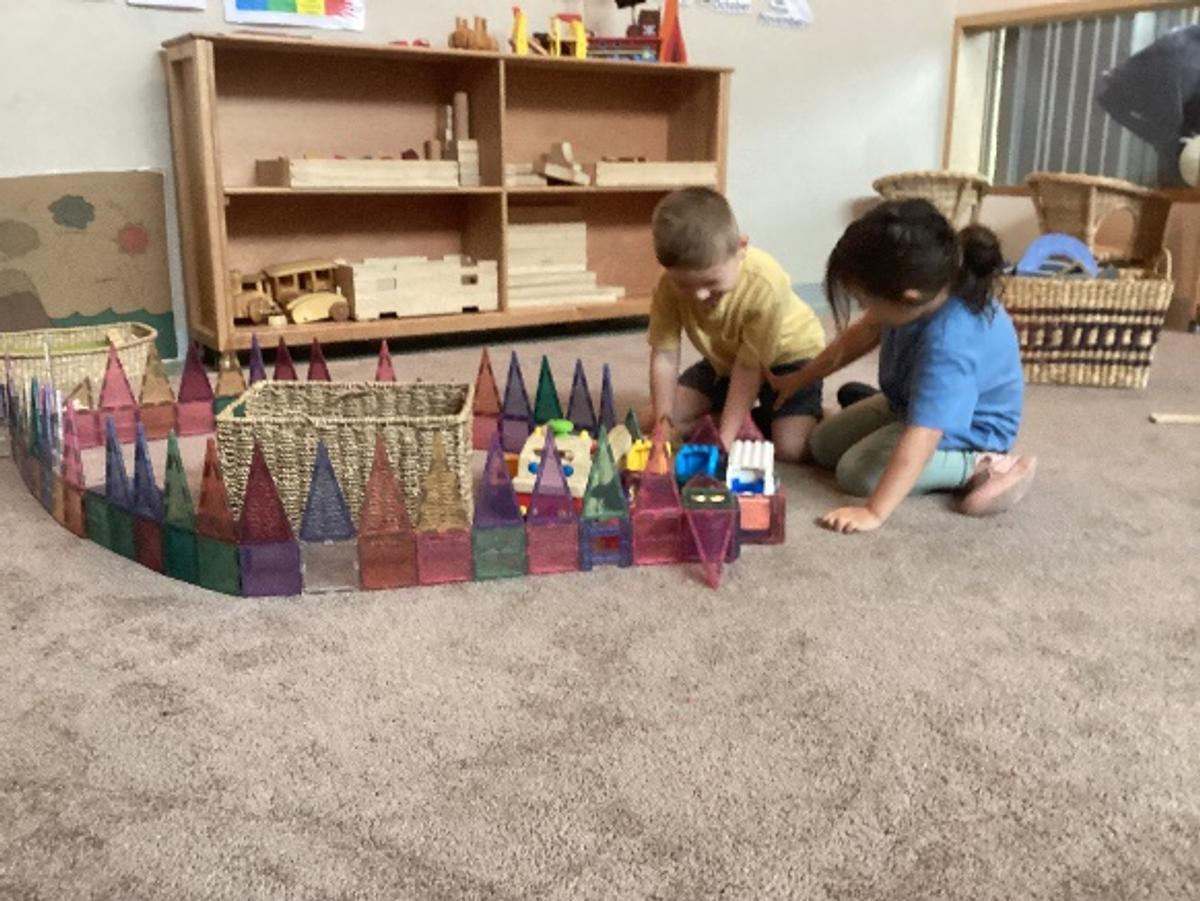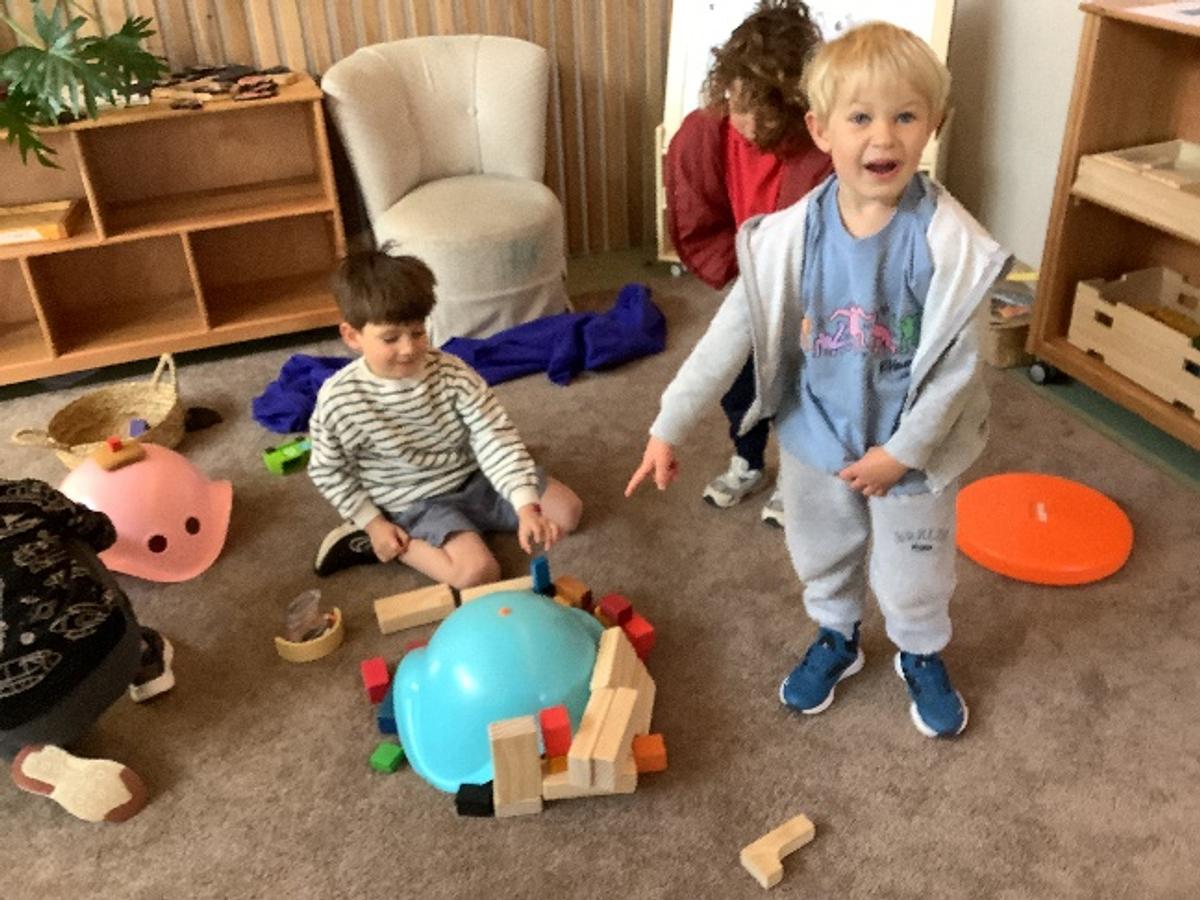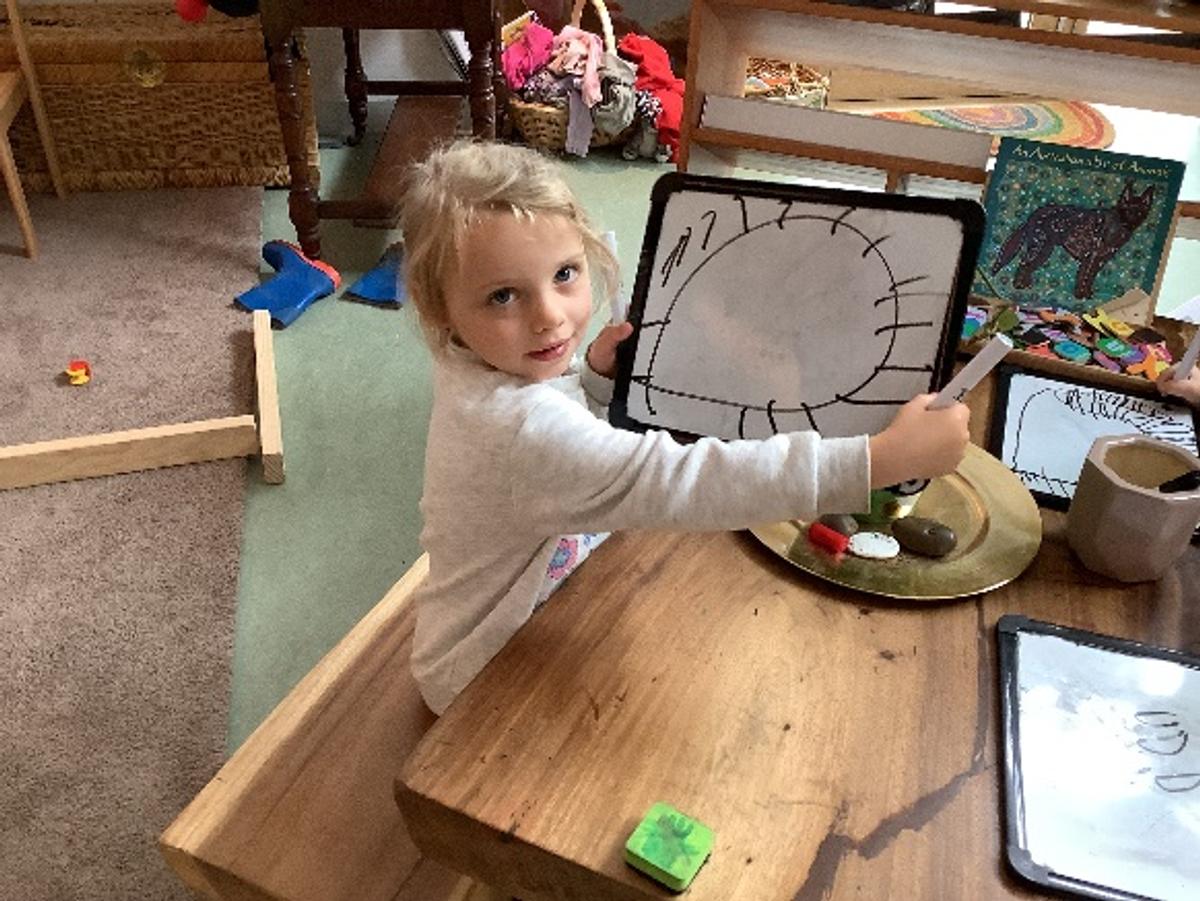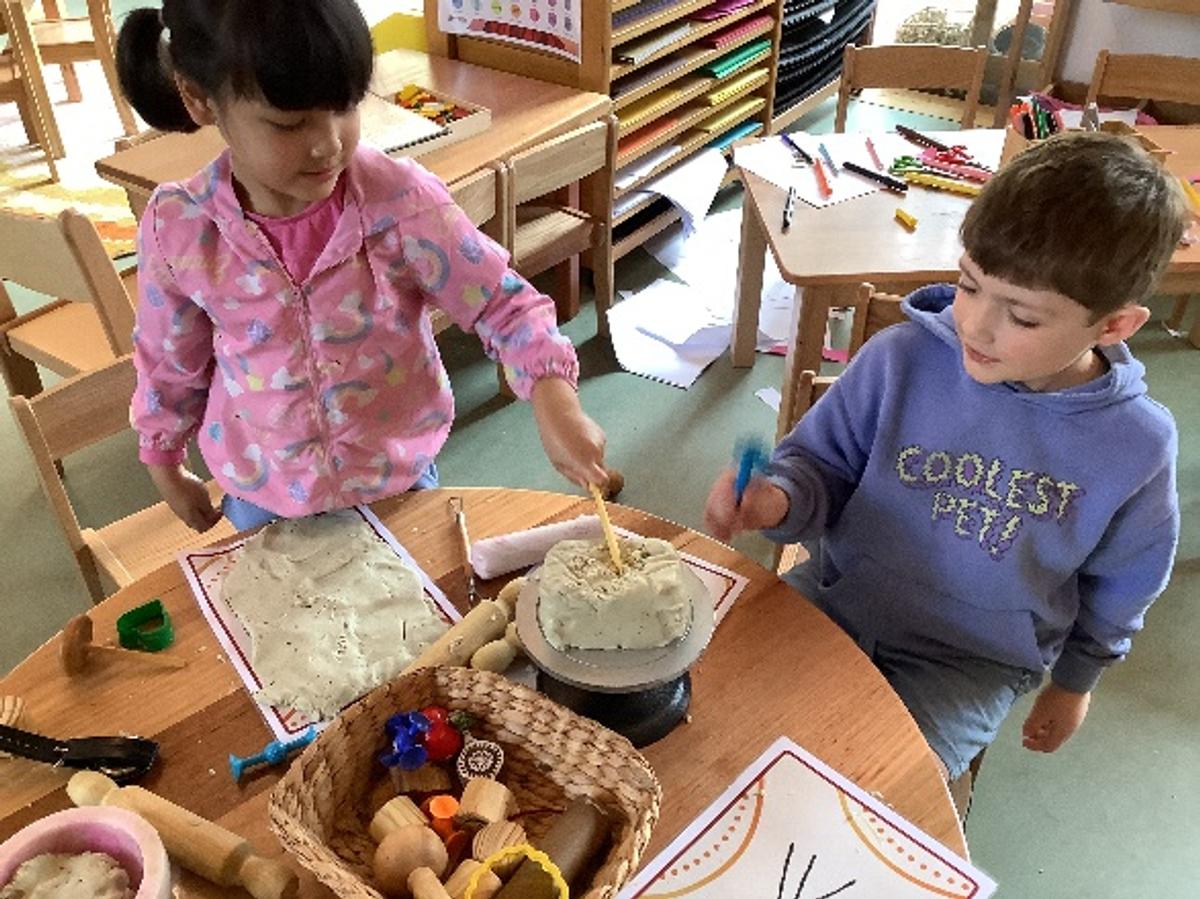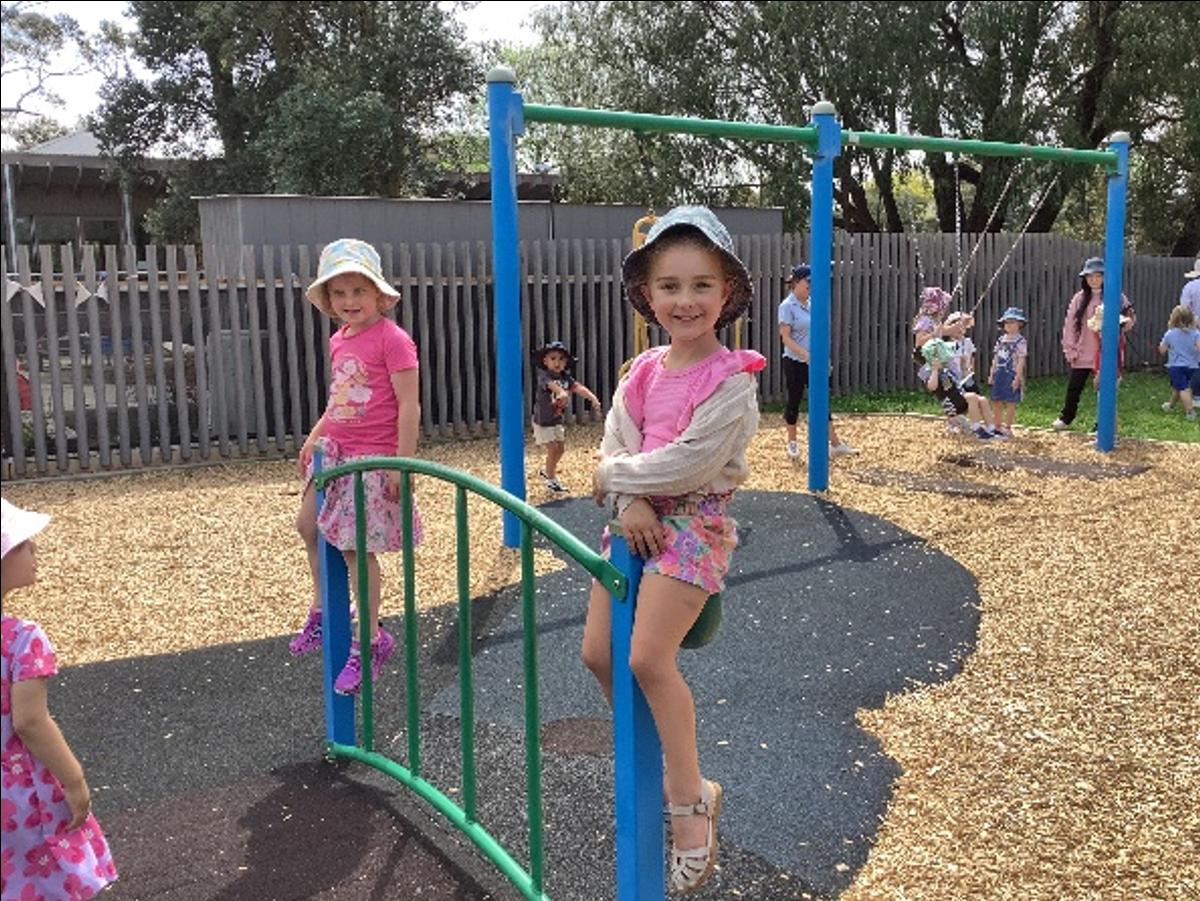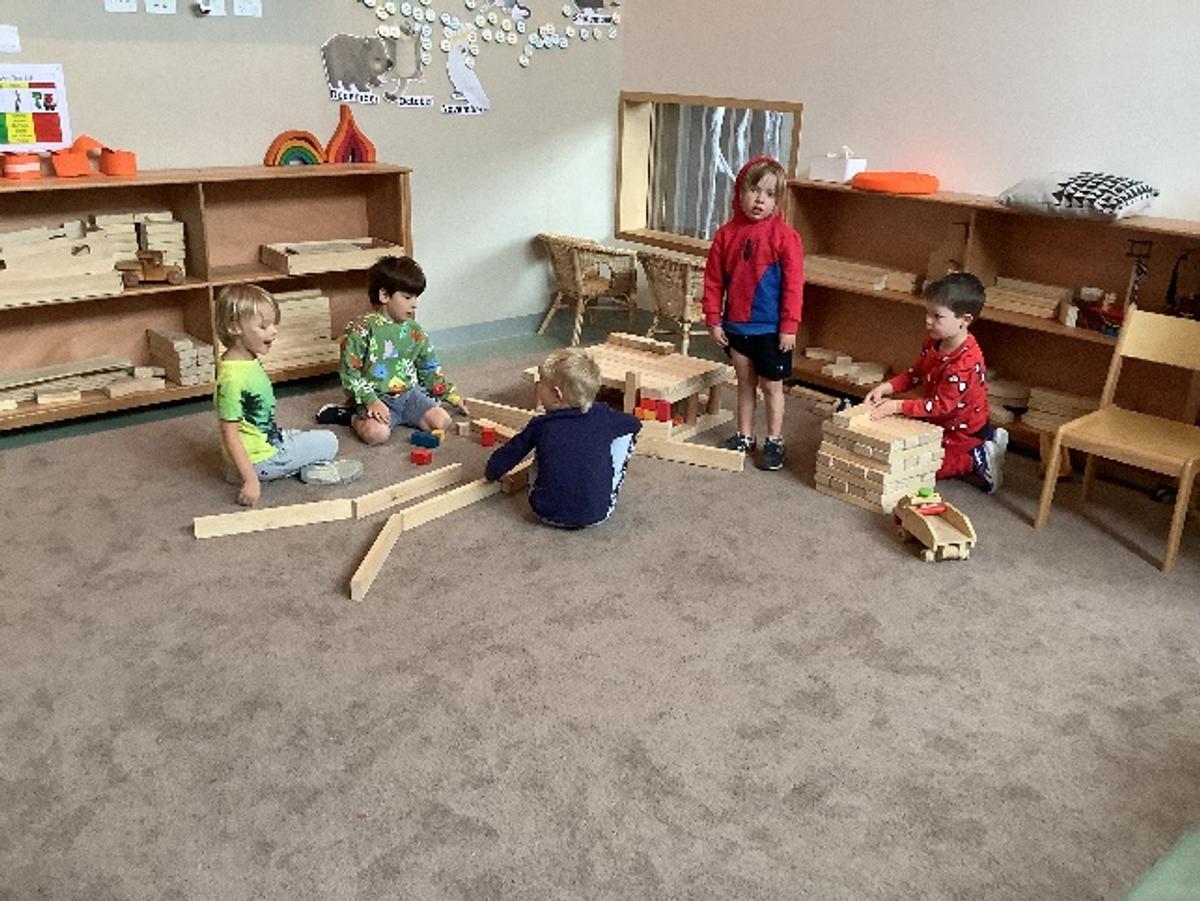Glen Education Fern Street
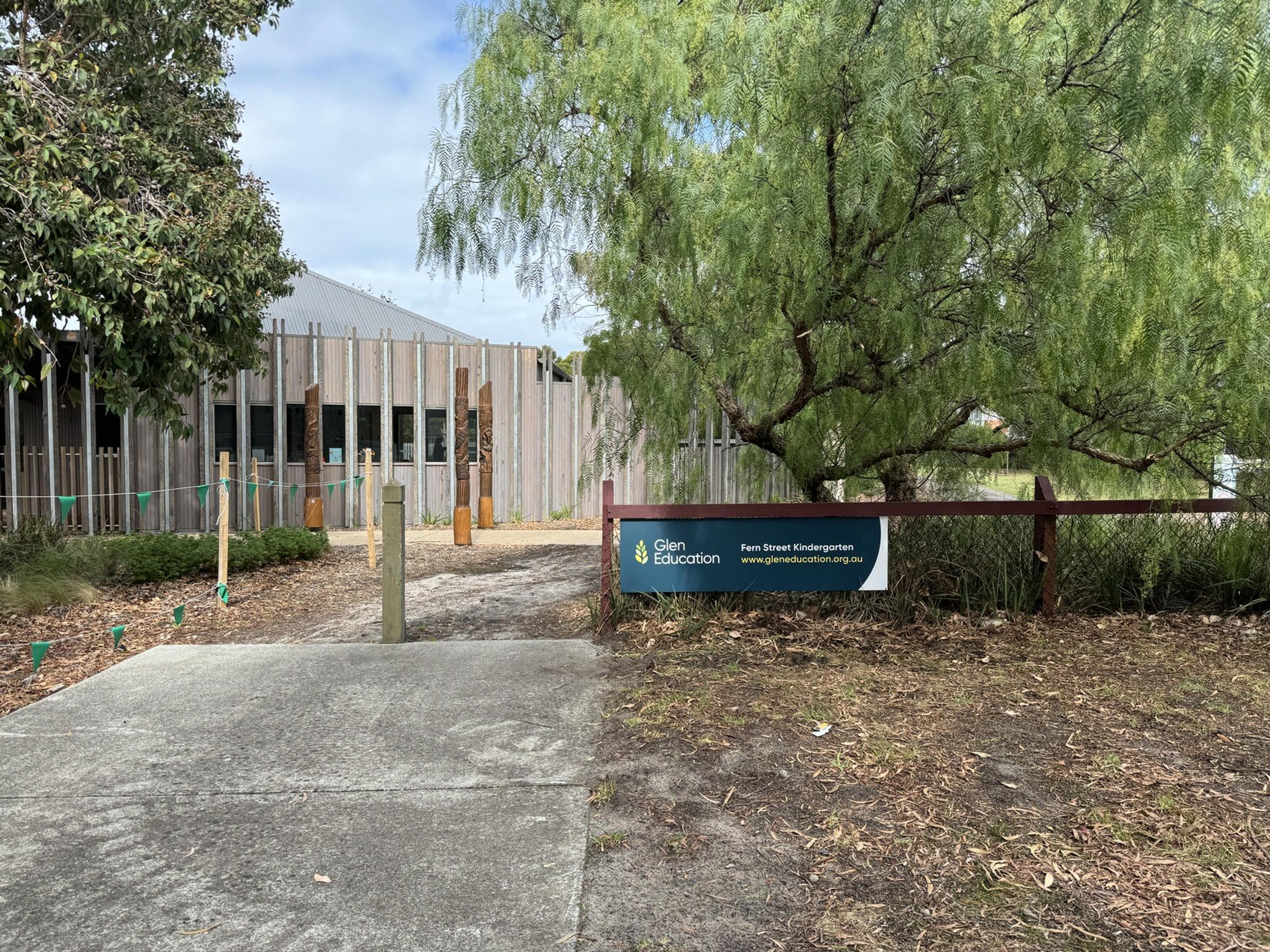
Transition to school
By Glen Fern Street Educational Team
Dear Families,
Our newsletter this term highlights the transition to school and how we intentionally plan for this important milestone, not just in Term 4 but throughout the year. Transitioning to school is an exciting and significant time for children, families, and educators. We aim to ensure this process is as smooth and supportive as possible for every child.
The Department of Education defines “transition” as the process of supporting continuity of learning for a child moving from early childhood to school. This approach emphasises building the skills and confidence children need to navigate this new chapter successfully.
Shifting from “Readiness” to “Transition”
We often hear families asking about school readiness and how we are preparing children for this step. However, the focus has shifted from traditional measures such as letter and number recognition to broader skills that promote a positive transition to school. These include:
Independence: Encouraging children to take care of their belongings, pack their bags, and manage routines like opening their lunchboxes.
Problem-Solving and Resilience: Providing opportunities for children to work through challenges, negotiate with peers, and build confidence in their decision-making.
Social and Emotional Skills: Supporting children to develop communication skills, form respectful relationships, and express their thoughts and feelings effectively.
Getting Ready for School: Our Key Focus
1. Establishing Routines and Responsibilities
We are encouraging the children to develop their independence through small daily tasks that mimic the routines they will encounter in a school environment. For example, each child is supported to pack their own bag at the beginning and end of the day, which fosters a sense of responsibility and organisational skills. Throughout the day, children are encouraged to care for their belongings by placing their shoes, hats, and jackets in designated areas and tidying up their workspaces after activities. These practices not only teach them to take ownership of their items but also promote a sense of order and accountability.
By embedding these routines into their daily experiences, we help children build confidence in their ability to manage themselves, which is an essential skill for transitioning to the more structured and independent environment of school life. These moments of independence are celebrated, reinforcing their sense of achievement and readiness for the next big step in their learning journey.
2. Role-Playing and School Activities
Our home corner has been transformed into a “school space” where the children can practise packing lunchboxes and trying on school uniforms. Imaginative play in this setting encourages children to explore their feelings about starting school in a safe and supportive environment. They can ask questions, express excitement, and even share any anxieties they may have about this transition. Educators observe these interactions closely, providing reassurance, answering questions, and guiding conversations to build children’s confidence and enthusiasm for the journey ahead.
By engaging in this playful simulation of school life, children are not only building excitement for what’s to come but also developing key social skills like turn-taking, sharing, and collaborating with peers—essential skills for a successful start to school.
3. Encouraging Problem-Solving and Decision-Making
The children are actively engaging in play-based activities that present them with challenges requiring negotiation, collaboration, and problem-solving. For example, during block-building sessions, they work together to construct elaborate structures, often needing to discuss and agree on the design, share materials, and resolve conflicts if ideas differ. Similarly, in group games, children navigate turn-taking and strategising as a team to achieve shared goals. These experiences not only encourage critical thinking but also teach children how to communicate effectively with their peers, express their ideas clearly, and listen to others. When challenges arise, such as deciding how to divide resources or adapt when something doesn’t go as planned, children are supported by educators to think through solutions and reflect on their actions. This fosters resilience, adaptability, and the ability to persist when faced with difficulties—skills that are invaluable in a school environment.
Through these activities, children also develop emotional regulation and empathy as they learn to navigate group dynamics and respect the perspectives of others. Whether it’s solving a puzzle together, completing a science experiment, or creating an artwork collaboratively, these opportunities for teamwork and problem-solving help prepare children for the collaborative learning environment they will encounter at school.
4. Building Literacy and Numeracy Skills
Storytimes, group discussions, and playful numeracy activities are key components of our daily program, designed to nurture essential literacy and numeracy skills. During storytime, children are encouraged to engage with the text by predicting outcomes, discussing characters, and exploring new vocabulary. These activities not only enhance their listening and comprehension abilities but also spark a love of storytelling and books. Group discussions are woven into the day, providing opportunities for children to practice verbal communication, express their thoughts, and listen to others, building confidence in their language skills. To foster numeracy, we incorporate playful activities such as counting games, shape recognition, and simple addition or subtraction using everyday materials like blocks, beads, and puzzles. These hands-on experiences help children build foundational mathematical concepts in a fun and engaging way, laying the groundwork for future learning.
We also integrate literacy and numeracy into other areas of play, such as following written instructions for craft projects, or writing labels for their work. These intentional moments ensure that learning is meaningful and connected to their interests and everyday experiences.
5. Fostering Leadership and Ownership
We believe in empowering children by giving them opportunities to take on leadership roles and make meaningful contributions to their learning environment. For instance, children are encouraged to be "helpers of the day," where they assist with tasks like setting up activities, leading group games, or helping peers solve challenges. These experiences instill a sense of responsibility and pride in their contributions. Children are also invited to contribute their ideas and make decisions about classroom setups, projects, and activities. For example, they may brainstorm themes for play areas, suggest materials for creative projects, or decide on the rules for new games. This collaborative approach ensures that they feel valued and respected, fostering ownership of their learning.
By taking on leadership roles and having their voices heard, children develop important skills such as decision-making, teamwork, and self-confidence. These experiences prepare them to approach new challenges with a positive mindset and equip them with the confidence needed to thrive in the school environment.
6. Partnering with Families
Strong partnerships with families are fundamental to a successful transition to school. We are committed to maintaining open and ongoing communication to keep you informed about your child’s progress and development. Through newsletters, parent-teacher meetings, and informal chats during drop-off and pick-up times, we share updates on your child’s learning journey and the steps we are taking to prepare them for school. These discussions also provide families with the opportunity to share valuable insights about their child’s interests, strengths, and any areas of concern. By working together, we can create a tailored approach to ensure every child feels supported and confident as they approach this milestone. Additionally, we welcome feedback from families about our transition program and encourage collaboration in preparing for this important phase.
7. Transition Initiatives
To help ease the transition to school, we’ve established meaningful connections with local primary schools. Teachers from Blackrock Primary School, Sacred Heart Parish School, and Sandringham East Primary School have visited our kindergarten to meet the children in a familiar setting, making the experience exciting and reassuring. These visits allow the teachers to observe the children’s interactions and begin building relationships with their future students. For schools that could not visit, we’ve engaged with their teachers via phone calls and email correspondence. This ensures that every child’s unique needs, strengths, and learning experiences are communicated effectively. Sharing this information helps create a smooth transition for your child and ensures they feel recognised and valued as they enter their new school environment.
We’ve also hosted parent-teacher meetings to provide families with detailed insights into how we are preparing children for school and to answer any questions about the transition process. This collaborative effort ensures that children, families, and educators are all working together to make the shift to school a positive and exciting experience.
8. Supporting All Children in a Multi-Age Program
Our multi-age program provides a rich and dynamic learning environment that supports children at various developmental stages. Older children naturally take on leadership roles, guiding and supporting their younger peers during group activities and daily routines. This not only boosts their confidence and independence but also allows them to practice skills such as mentoring and role modeling, which will serve them well in the school setting. For younger children, observing and participating alongside their older peers provides a source of inspiration and learning. They gain confidence by trying new activities, engaging in collaborative play, and receiving gentle encouragement from both their peers and educators. Our intentional approach ensures that every child, regardless of age or developmental stage, is supported in their learning journey and has opportunities to grow in a way that suits their individual needs.
Thank you for your ongoing support and partnership as we work together to make this transition a positive and successful experience for every child. If you have any questions, concerns, or would like to discuss your child’s progress further, please don’t hesitate to reach out. By working together, we are building the foundation for a confident and smooth start to school life.

